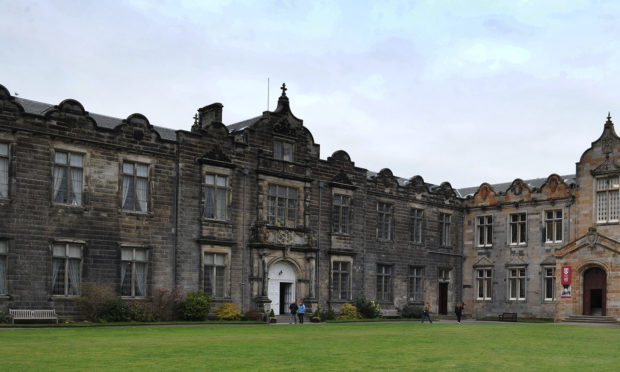New medical advances by an international team of scientists led by St Andrews University, could revolutionise the ability to treat undetected tuberculosis.
The group’s research, published in the Journal of Clinical Microbiology on Wednesday outlines a new way of using an old technique to diagnose and treat the condition which affects a third of the world population.
While 5% of those who progress to become active sufferers of TB, the rest remain as a reservoir of undetected disease. Experts warn the condition’s prevalence is a time bomb which could erupt at any time.
Working with colleagues in Germany and Mozambique, the St Andrews scientists have redeployed the old medical technique of using heat to kill TB bacteria and render specimens safe for testing by healthcare workers.
Twenty minutes of boiling TB positive samples at temperatures of 80 to 95C kills all TB bacteria, preserving the Ribonucleic acid.
This means diagnostic tests can be performed without the need for expensive laboratories.
Making samples safer to handle allows for further testing to identify patients with undetected TB and monitor responses to treatment.
TB remains the leading cause of death from a single infectious agent, ranking above HIV/AIDS, according to the World Health Organisation’s global tuberculosis report of 2017.
The test developed in St Andrews delivers results in 24 hours as opposed to current methods which can take weeks or months. It has recently been listed by WHO as a candidate to replace the current method.
St Andrews’ Dr Wilber Sabiiti said: “Defeating tuberculosis requires effective and accessible diagnostic and treatment tools.
“Our research has shown that this is possible by deploying the old simple technique of heating to simplify access to the urgently needed test for effective diagnosis and monitoring of tuberculosis treatment.”










